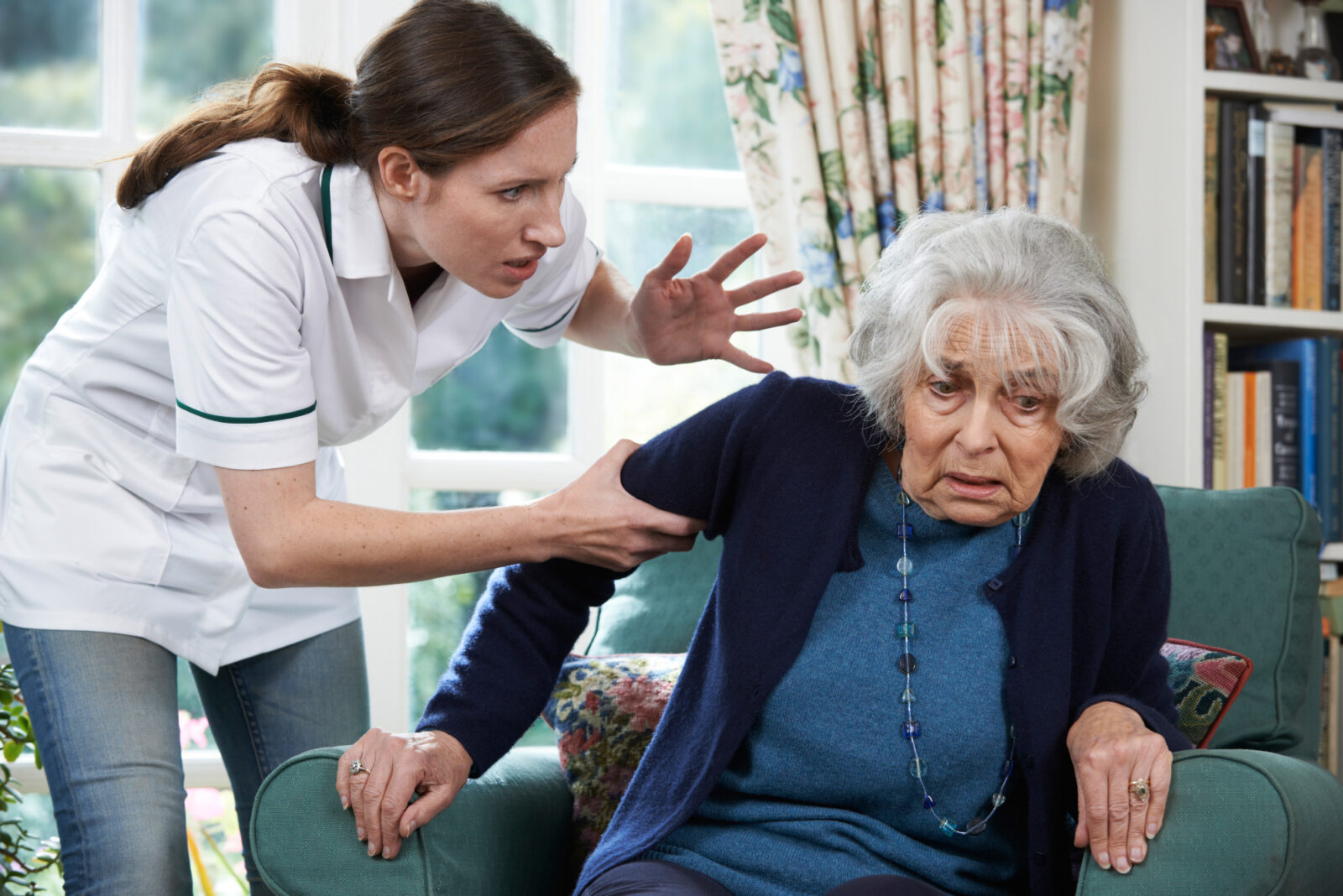We expect staff members to treat our elderly loved ones with dignity and respect when we place them in a nursing home. Regrettably, this is not always the case. Every year, elderly people are ignored, mistreated, or financially exploited. Unfortunately, those who take advantage of the elderly are often those entrusted with their care. You can talk to a lawyer or visit this page to learn more.
Understanding nursing home abuse
Elder abuse is defined by the Administration on Aging, a division of the U.S. Department of Health and Human Services, as any knowing, purposeful, or negligent conduct by a caregiver or any other person that causes injury or severe risk of harm to a vulnerable adult.
A long-term study discovered that elder abuse victims are nearly two times more susceptible to dying prematurely than those who have not been mistreated. Nursing home abuse, or elder abuse in a nursing home, can result in significant physical injury, emotional distress, and even death.
Physical effects of elder abuse
Nursing home abuse has the following physical consequences:
- Sepsis and other preventable infections
- Falls with hip and femur fractures
- Bedsores
- Weight loss
- Dehydration or malnutrition
- Internal organ issues or failure
- When medication is not adequately delivered or care is not provided, overall health declines or worsens
- Head, back, and neck injuries
- Broken Bones and fractures
Mental effects of elder abuse
Nursing home abuse and neglect can hurt victims’ emotional health as well as their physical health. The following are examples of common mental effects:
- Loss of interest in life or activities
- Anxiety
- Depression
- Over-the-top fear or nervousness
- Refusal to interact or communicate with others
- Feelings of worthlessness or loss of hope
Outside effects of elder abuse
Nursing home abuse affects not only the victim but also their family and friends.
It causes unnecessary stress for family members who spend endless hours consulting physicians and therapists about ongoing treatment. Then, they spend long days and nights emotionally supporting their loved ones in hospitals and other care facilities. This not only takes an emotional toll but can also lead family members to miss work and, in some cases, lose part of their wages.
Preventing elder abuse
There are various things you may do to avoid nursing home abuse:
- Be aware of the warning signals.
- Keep in touch with your loved one frequently.
- Report any concerns to staff and authorities.
- Conduct thorough research on the nursing facility and watch for any red flags.
Nursing homes are required by federal rules to report and investigate any complaints of abuse, neglect, misappropriation of resident property, and exploitation.












